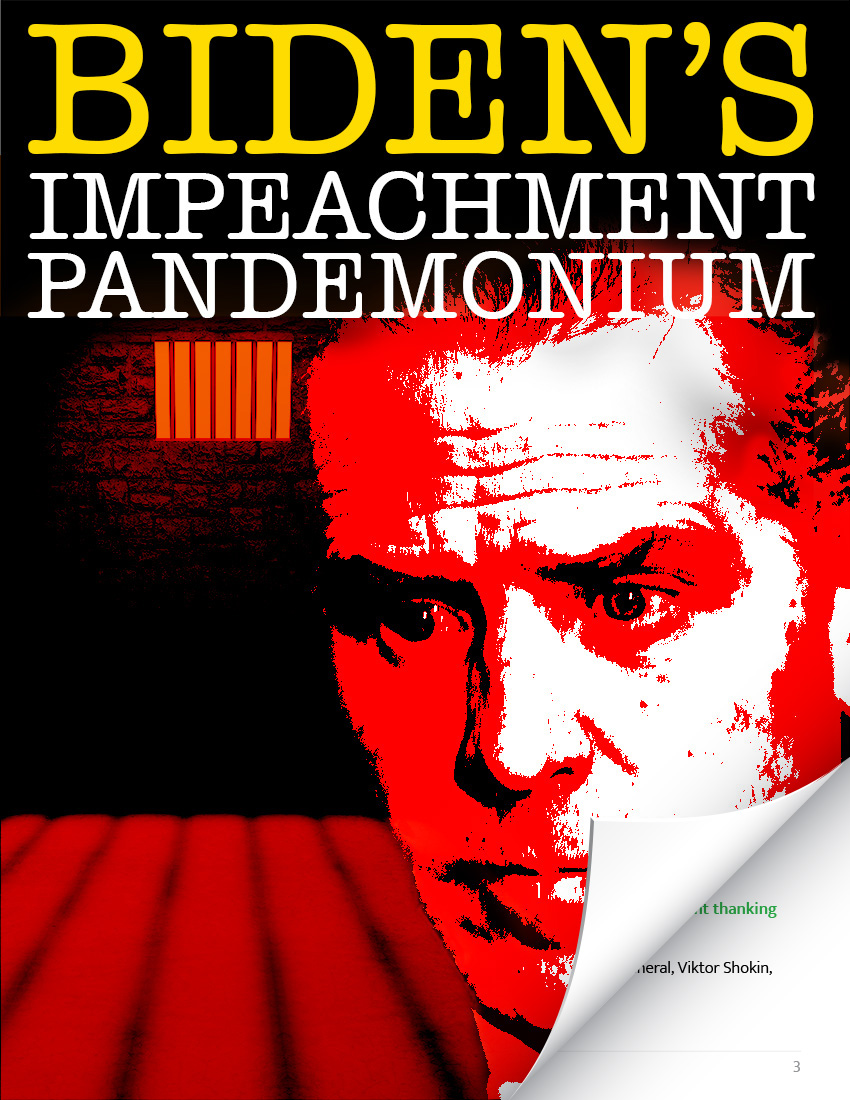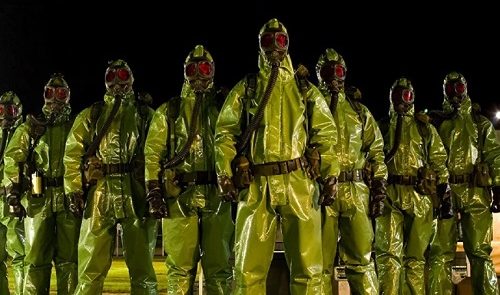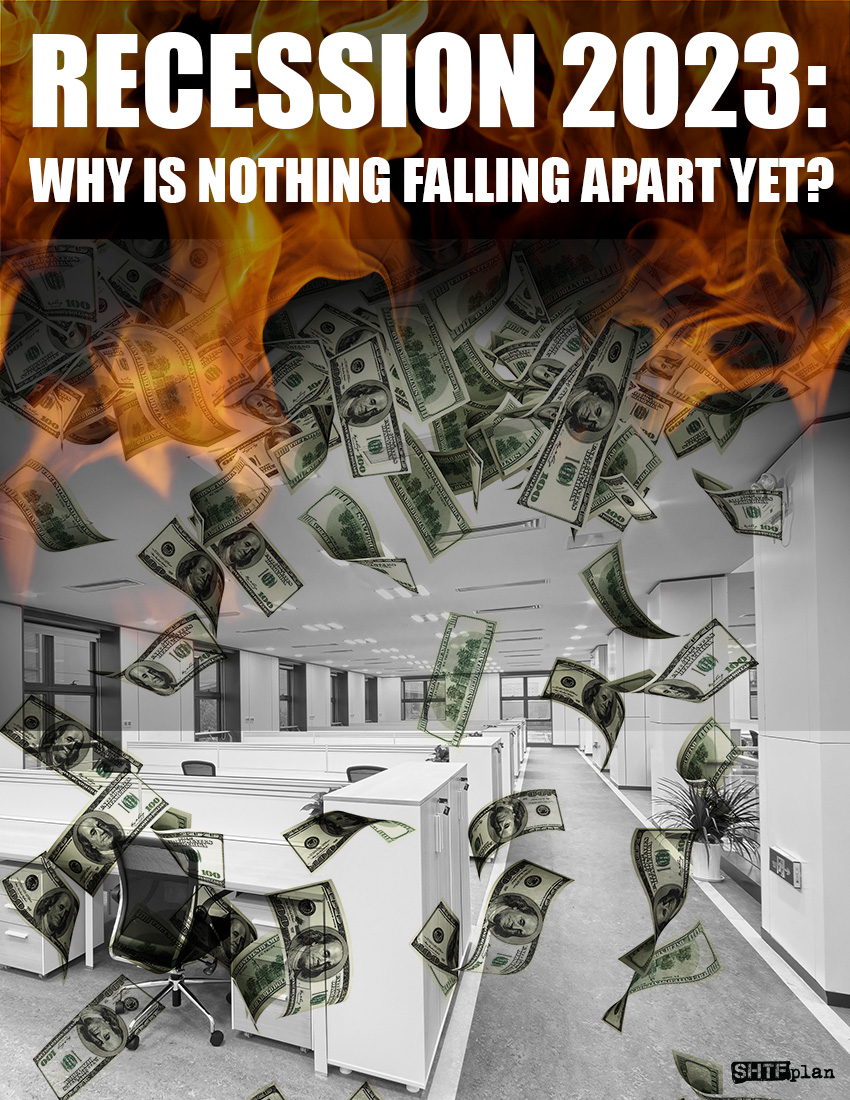
TRUMP SAYS: HUNTER MAKES FORTUNE FROM SHADY DEALS!
BIDEN FAMILY STINKS TO HIGH HEAVENS OF CORRUPTION!
DON'T GET LEFT OUT: HUNTER MUST BE STOPPED!


They say what doesn’t kill you makes you stronger, however, that might not be the case when it comes to catching the coronavirus. Scientists are now warning the public that you can actually “relapse” and get the virus more than one time.
While most of the patients who have contracted the coronavirus 2019-nCoV eventually make a full recovery, they don’t walk away from the encounter immunized against the disease, as one might expect after a viral infection. Rather, Business Insider reports, you can theoretically catch the coronavirus multiple times, creating an unusual challenge for health officials trying to contain the outbreak.
“For those patients who have been cured, there is a likelihood of a relapse,” Zhan Qingyuan, the director of pneumonia prevention and treatment at the China-Japan Friendship Hospital, said during a Friday press conference.
The underlying idea behind a vaccination — or even “chicken pox parties” — is that exposure to a virus will trigger the immune system to generate antibodies that will shield that person from that virus in the future. But according to Chinese health officials, the antibodies created after a 2019-nCoV infection aren’t always strong enough to keep patients from getting sick again. –Futurism
The coronavirus has already spread and become more deadly than the SARS outbreak of the early 2000s. And because antibodies from this virus are very weak, it’ll make containment incredibly difficult. “The antibody will be generated,” said Zhan. “However, in certain individuals, the antibody cannot last that long.”
The best way to fight this virus is to simply prevent contraction. Because health officials and scientists still don’t know exactly how this virus spreads, it’s best to wear a face mask if you can, especially in a place with a lot of people in close contact (like an airport or airplane) and take on good handwashing measures.
https://www.shtfplan.com/headline-news/how-to-stay-healthy-during-flu-season-and-prevent-coronavirus-infection_02042020
This virus also has a high likelihood of mutation, which means it could get even more deadly before it’s over.

It Took 22 Years to Get to This Point
Robert F. Kennedy Jr. has claimed to be ready to lock up Bill Gates, Dr. Anthony Fauci, and every...
This article was originally published by Rhoda Wilson at The Exposé under the title: Philippines...
The outgoing Biden administration has drafted plans to "help" incoming tyrant, Donald Trump with...
This article was originally published by Ron Paul at The Ron Paul Insitute for Peace and...
Commenting Policy:
Some comments on this web site are automatically moderated through our Spam protection systems. Please be patient if your comment isn’t immediately available. We’re not trying to censor you, the system just wants to make sure you’re not a robot posting random spam.
This website thrives because of its community. While we support lively debates and understand that people get excited, frustrated or angry at times, we ask that the conversation remain civil. Racism, to include any religious affiliation, will not be tolerated on this site, including the disparagement of people in the comments section.


“health officials and scientists still don’t know exactly how this virus spreads”
People without situational awareness, but with absolute authority.
This is absolutely frightening. I also heard the story that a newborn baby contracted coronavirus 30 hours after birth. Something’s gotta be done about this!
The hits keep on coming with this. Double weak!
Did it already wipe out the survivalist crowd or why am I the only poster here? I’m always last to know these things because I stay inside a lot.